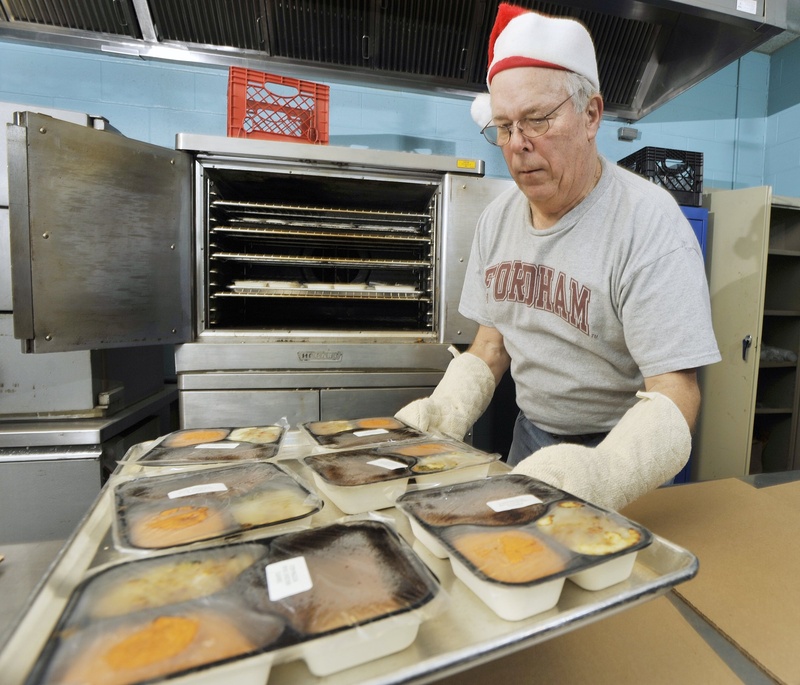Unless you’re directly affected, it would be easy to conclude that predictions about the impact of the automatic spending cuts known as “sequestration” were exaggerated.
Here in Maine, the highest profile sequestration targets have been Acadia National Park, whose opening has been delayed for a month, and civilian defense workers at Portsmouth Naval Shipyard in Kittery, who will have to take 14 furlough days before Sept. 30.
But sequestration also affects a less visible yet growing segment of Maine’s population: people age 60 and over.
In a state with the third-highest percentage of senior citizens in the nation, sequestration cutbacks are having an immediate impact on a program that delivers free and low-cost meals to homebound people over 60.
If services like Meals on Wheels continue to go without full federal funding, we’ll all feel the impact in higher taxes, higher health care costs and a lower quality of life for some of our most vulnerable citizens.
In the wake of the sequestration cuts, Southern Maine Agency on Aging director Larry Gross emphasizes that there is no Meals on Wheels waiting list for the agency’s clients in Cumberland and York counties. Spectrum Generations, the central and midcoast Maine agency, has started one, and the news has people concerned.
But SMAA had earlier positioned itself to absorb cuts, Gross says, cutting Meals on Wheels deliveries from five days a week to four several years ago. Last fall, it started a campaign to raise $250,000 for Meals on Wheels. Post-sequestration, the agency reduced the size of its daily meal program for the most fragile clients, and cut dessert for all clients to a single cookie.
Obviously, Meals on Wheels fills a need by ensuring that homebound seniors have at least five hot, nutritious meals a week. The York County Shelter Program, which operates a food pantry, saw a 38 percent jump last year in the number of people seeking food assistance; an official with the program says “seniors and working poor” drove much of that increase.
Clients also depend on Meals on Wheels for regular human contact. Without this, they become isolated and more prone to depression, which can accelerate memory loss, increase the risk of suicide and cardiac disease and make it harder to recover from illness.
By helping ensure that seniors maintain their mental and physical health, Meals on Wheels saves taxpayers money in the long run. Spending money to keep someone healthy at home can forestall having to spend money on more-expensive nursing home or assisted-living care.
Others may not even know of their plight; these issues play out behind closed doors. But if Maine’s senior citizens don’t receive the support services they need, their situation will soon become much more obvious – and tragic, because it didn’t have to be that way.
Send questions/comments to the editors.



Success. Please wait for the page to reload. If the page does not reload within 5 seconds, please refresh the page.
Enter your email and password to access comments.
Hi, to comment on stories you must . This profile is in addition to your subscription and website login.
Already have a commenting profile? .
Invalid username/password.
Please check your email to confirm and complete your registration.
Only subscribers are eligible to post comments. Please subscribe or login first for digital access. Here’s why.
Use the form below to reset your password. When you've submitted your account email, we will send an email with a reset code.